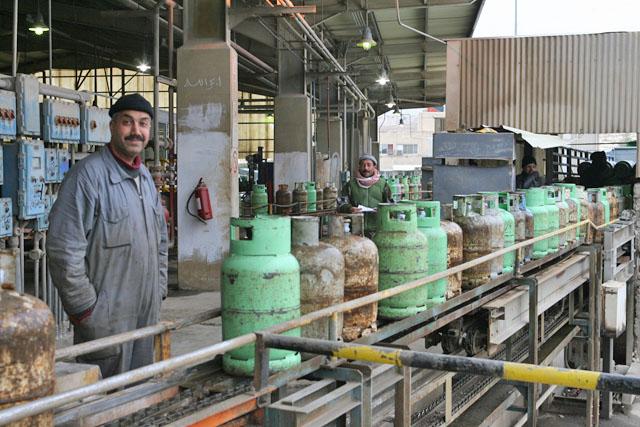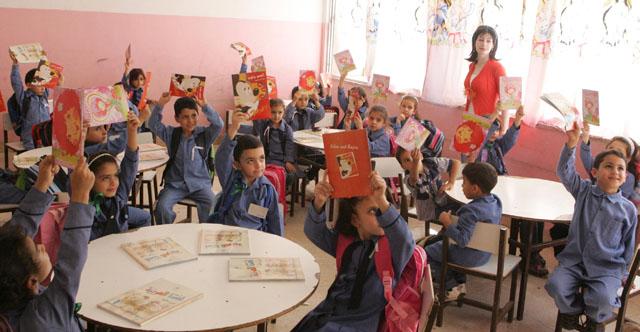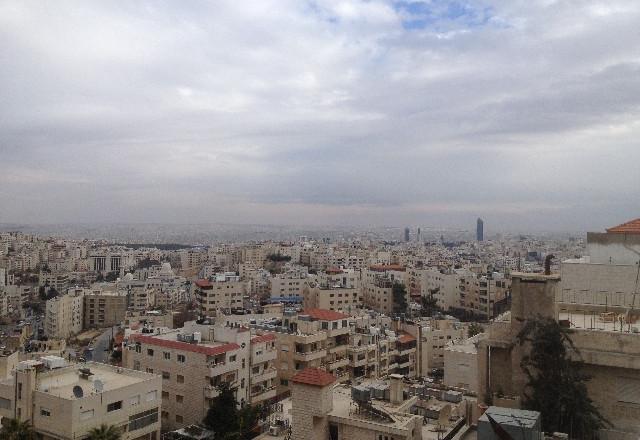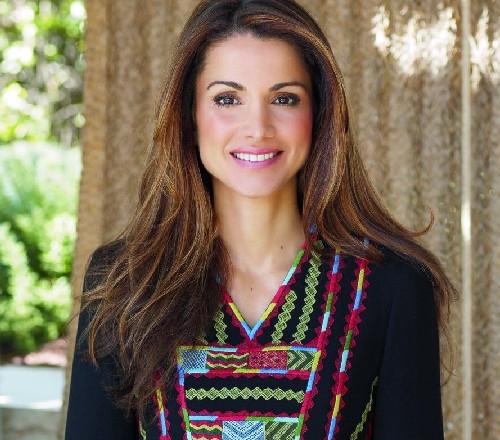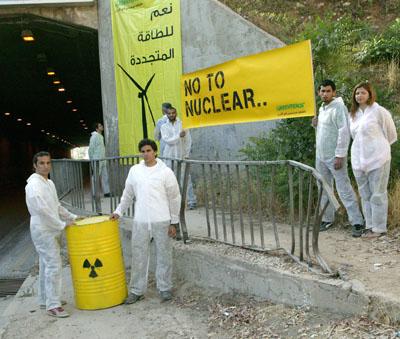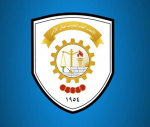AMMAN — Jordan Petroleum Refinery Company (JPRC) CEO Abdel Karim Alawin on Tuesday held press conference to talk about the controversial gas cylinders imported from India.
Alawin was quoted by the Jordan News Agency, Petra, as saying that none of the gas cylinders were distributed to consumers.
The issue of the imported gas cylinders, estimated at 250,000 units, has been a hot topic in the local media over the past few days as the director general of the Jordan Institution for Standards and Metrology (JISM), Haydar Al Zaben, has reportedly said that the cylinders do not meet local standards.
Zaben was quoted by several news websites and newspapers as saying that he had received phone calls from several influential people in the country to allow the “suspicious” shipment into the local market.
But at Tuesday’s press conference Alawin accused the testing agency of not having the necessary equipment to carry out the proper tests on the imported cylinders.
He said the JPRC had received the go ahead from JISM and the testing lab to import the gas cylinders from the manufacturing company in India, according to Petra.
“The JPRC was given the green light from JISM and its accredited testing lab to sign a contract with the Indian company to import gas cylinders,” Alawin said, adding that these two agencies sent their technical staff to the Indian manufacturer before floating the purchase tender.
He said JISM and its accredited testing lab supervised the rehabilitation of the Indian company’s production lines to export a total of 250,000 gas cylinders to Jordan, attributing the negative test results to the failure to provide suitable samples.
Alawin also said that the government has formed a committee comprising the head of the Lower House Energy Committee, the president of the Gas Stations Owners Association, the JISM director, the dean of the University of Jordan’s engineering faculty and the director of the Energy Ministry’s oil derivatives department to supervise the laboratory tests on the samples from the shipment conducted by a German firm.
He added that the entry of the Indian gas cylinders to the local market will be based on the results of the technical test conducted by the German lab, which is accredited by the European Union and also JISM.
However, in statements to the Ammon news website in response to Alawin’s remarks, Zaben said the JISM tests that were conducted in local and international labs were accurate, and the cylinders will not be allowed to enter the local market.
“Jordanians’ safety is the institution’s first priority,” he told Ammonnews.net.
Also on Tuesday, the Consumer Protection Society called on the government to return the cylinders to their country of origin, urging authorities to make the details of the case available to the public.
The Jordan Times tried to contact Zaben and Alawin several times but they could not be reached for comment.

